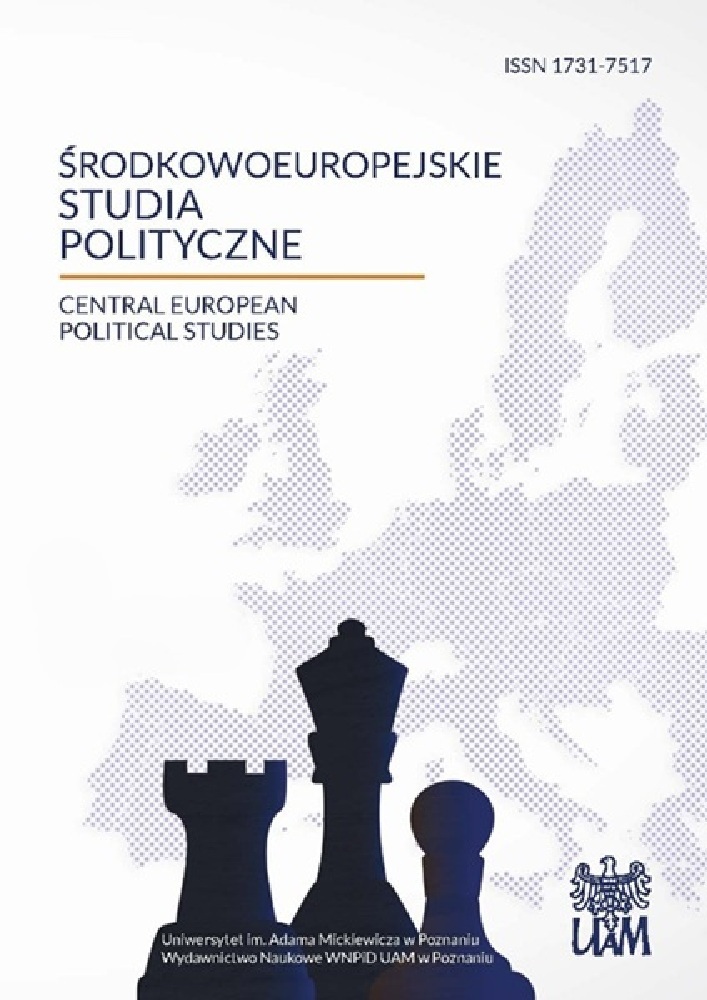Abstrakt
The functions of popular culture go far beyond merely providing entertainment. Popular culture describes phenomena, events and issues in a manner that is highly indicative of how social reality is perceived, defined and assessed. In line with the concept of framing, popular culture also influences the cognitive frame of politics. Entertainment contains elements of political representation that are significant in shaping recipients’ opinions about politicians and politics. The paper analyzes the relation between popular culture and politics, and in particular the representation of politics in television series based on the examples of Ranczo [The ranch] and Ekipa [The team]. Politics is the main topic of both, but they present it in two contrasting ways. The former exemplifies the reconstruction of the socially dominant cognitive frame in which politics is perceived as a conspiracy and a soap opera, while the latter presents the less popular in mass culture frame of searching and bureaucracy.Licencja
Copyright
© 2013, Uniwersytet im. Adama Mickiewicza w Poznaniu, Wydawnictwo Naukowe Instytutu Nauk Politycznych i Dziennikarstwa
OPEN ACCESS
